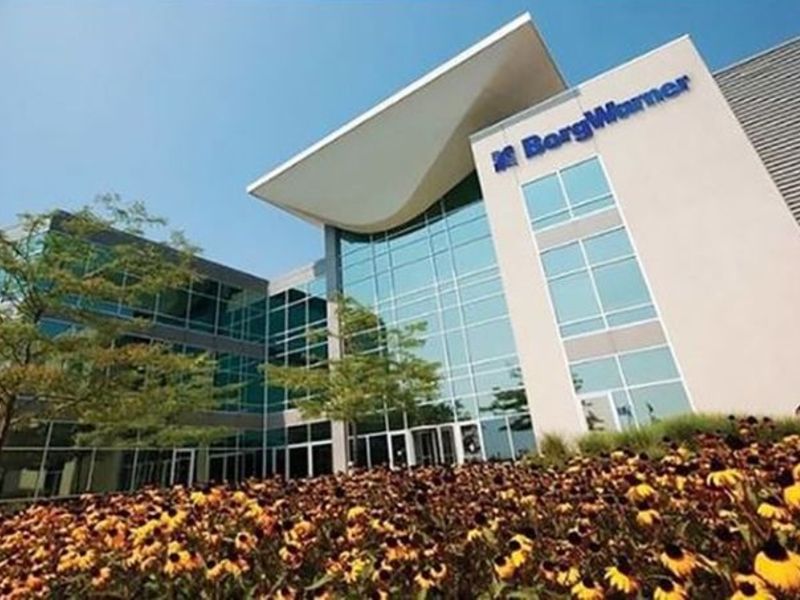
BorgWarner Inc. said its fourth-quarter net income surged 63 percent after closing on its $3.2 billion deal to acquire Delphi Technologies in October.
The engine and drivetrain products supplier reported net income of $358 million during the quarter, up from $220 million during the fourth quarter of 2019. Revenue increased more than 53 percent in the quarter to $3.93 billion, largely because of the Delphi acquisition.
Revenue for its air management division was up 26.7 percent in the fourth quarter to $1.94 billion with most of that increase coming from a $312 million boost from Delphi business. Without Delphi, that unit’s revenue would have been up just 2.8 percent on the quarter.
Same for BorgWarner’s drivetrain segment, which reported sales of $1.45 billion in the quarter, up more than 38 percent from the same quarter last year with Delphi business accounting for $255 million of the roughly $400 million increase in sales.
The auto supplier’s fuel injection and aftermarket business units reported sales of $479 million and $194 million, respectively. Both units joined the company from the Delphi acquisition.
For 2020, BorgWarner’s sales were flat at $10.165 billion, compared with $10.168 billion in 2019. The positive impact of adding Delphi business was offset by the financial and operational impact of the COVID-19 pandemic, the company said in a news release. BorgWarner reported income of $500 million in 2020, down from $746 million in 2019.
The Delphi acquisition also drove up debt by $1.83 billion for BorgWarner in 2020.
For 2021, the supplier is forecasting a revenue increase of 12 percent to 17 percent in the range of $14.7 billion to $15.3 billion, largely due to a full-year of integration with Delphi.
BorgWarner’s results largely exceeded Wall Street expectations and shares in the company were up 1.6 percent to $44.40 in early trading Thursday.
Prior to the Delphi deal, BorgWarner ranked No. 25 on the Automotive News list of the top 100 global suppliers with worldwide sales to automakers of $10.2 billion in 2019.